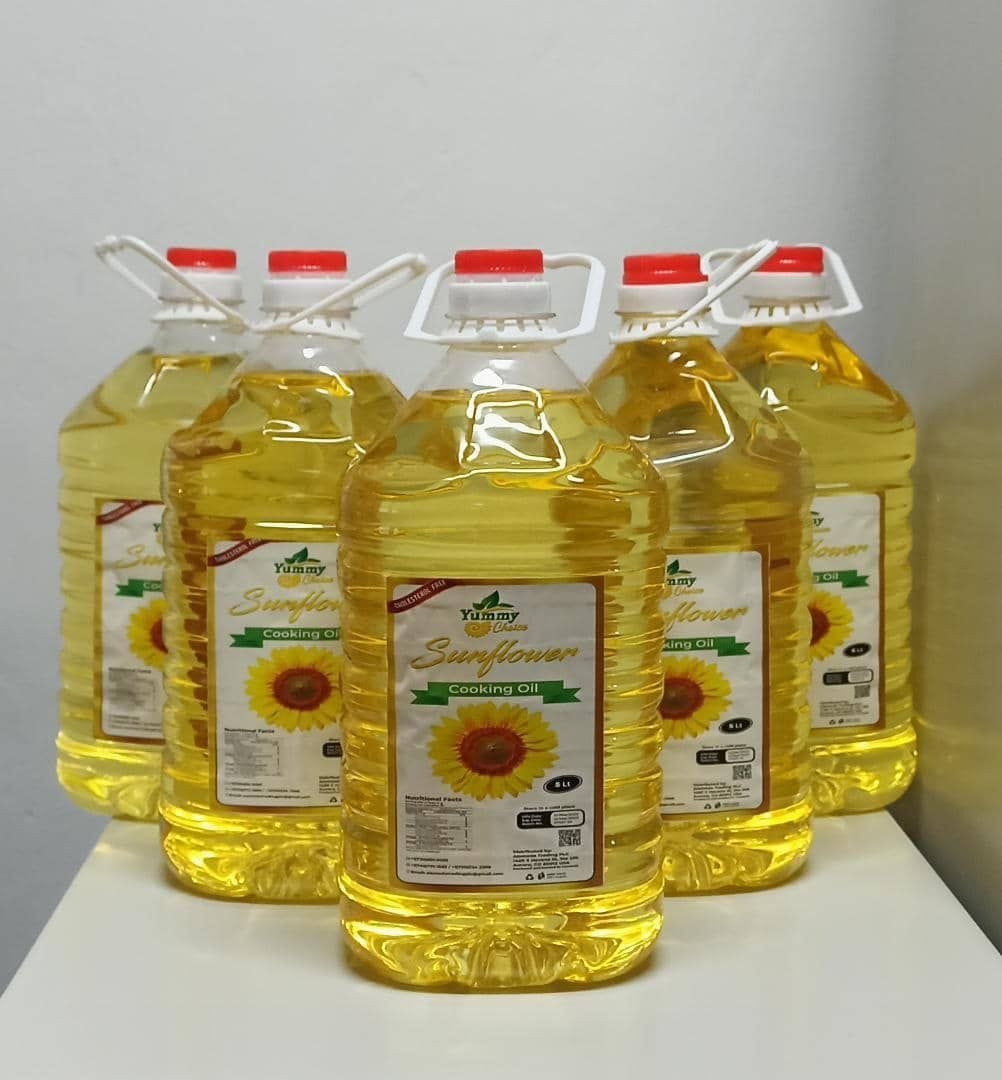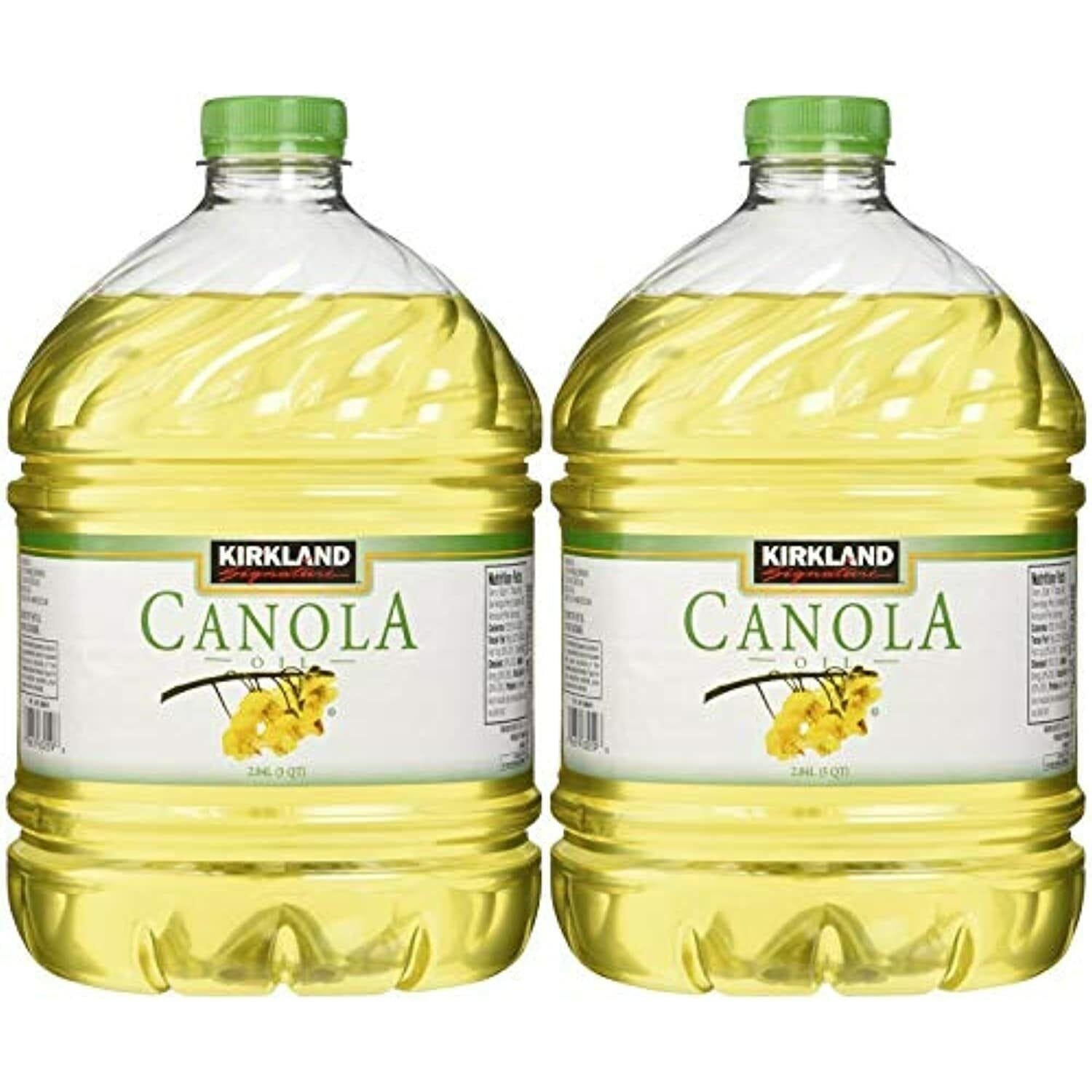
Best Quality Sources for Bulk Cooking Oils in the USA
Leading Manufacturers & Global Partners. Global supply chain stability, technical formulation support, and compliance with EU/international regulations (e.g., Directive 2019/2161)

Premium Refined Canola Seed Oil for Sale – Shop Now at Horusoil.com - Top rapeseed oil distributors
Specialized Distributors for Wholesale & Bulk Supply. Top-tier distributor partnering with certified US manufacturers. Offers bulk packaging (totes, tanks, drums), competitive wholesale pricing, and non-GMO/organic lines

Cooking oils What are the most healthful
Kosher, FDA, Non-GMO Project Verified, or USDA Organic sunflower oil (high smoke point, vitamin E-rich) and non-GMO soybean oil are surging in demand – leverage suppliers
Best Quality Sources for Bulk Cooking Oils in the USA
Leading Manufacturers & Global Partners. Global supply chain stability, technical formulation support, and compliance with EU/international regulations (e.g., Directive 2019/2161)
